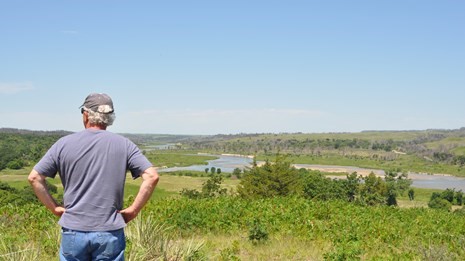There is consensus within psychological, physiological, medical, and social science disciplines that active and passive exposure to nature enhances human well-being. Natural infrastructure (NI) includes elements of nature that can deliver these ancillary well-being benefits while serving their infrastructure-related purposes and, as such, offer great promise for agencies including the U.S. Army Corps of Engineers as a means of enhancing economic, environmental, and societal benefits in civil works projects. Yet, to date, NI are typically framed as alternatives to conventional infrastructure but are rarely competitive for project selection because there is no standardized approach to demonstrate their value or justify their cost. The infrastructure projects subsequently selected may not maximize societal well-being or distribute benefits equitably. A framework is needed to capture diverse and holistic benefits of NI. As part of ongoing research, this paper describes the components necessary to construct a framework for well-being benefits accounting and equitable distribution of NI projects and explores how they might be applied within a framework. We conclude with methodological examples of well-being accounting tools for NI that are based on ongoing research and development associated with this project. The findings provide insights and support for both the Engineering with Nature community and the community of NI practitioners at large.



